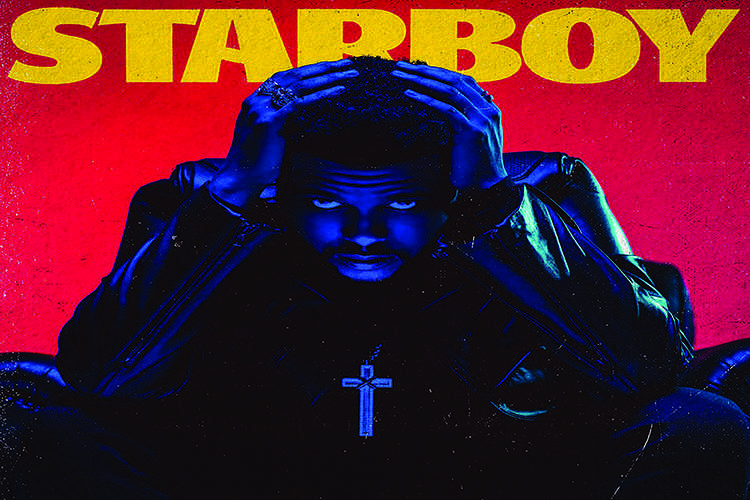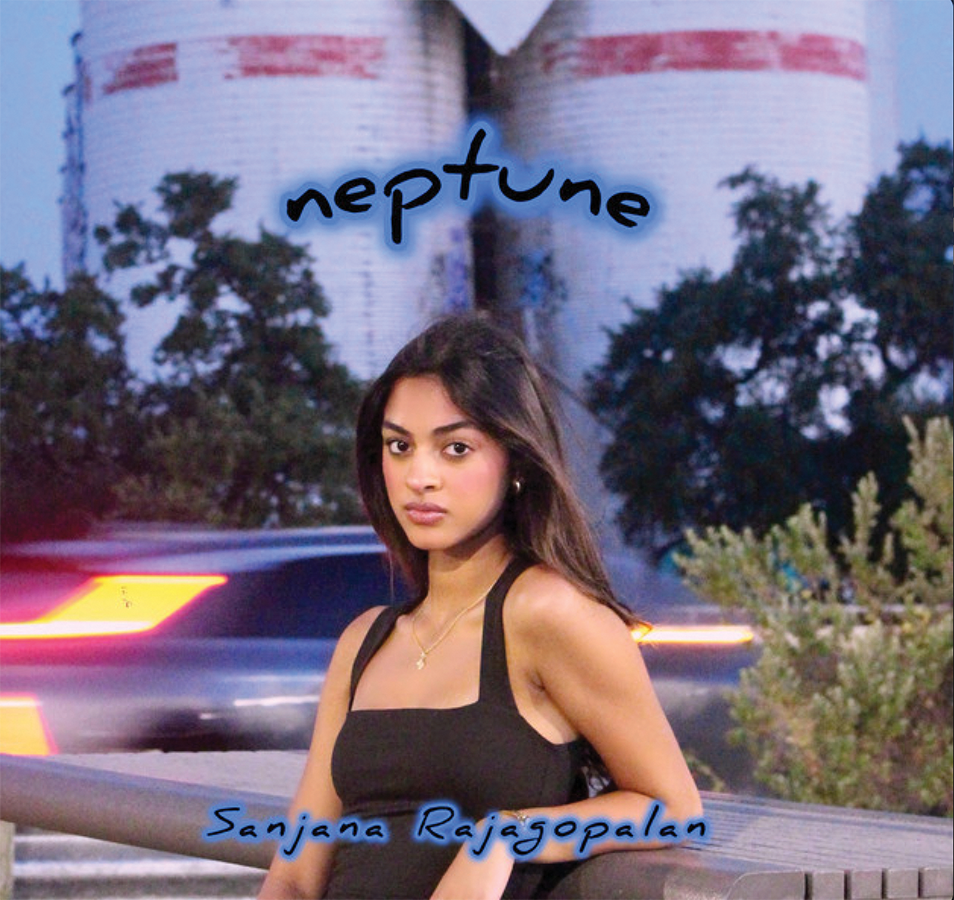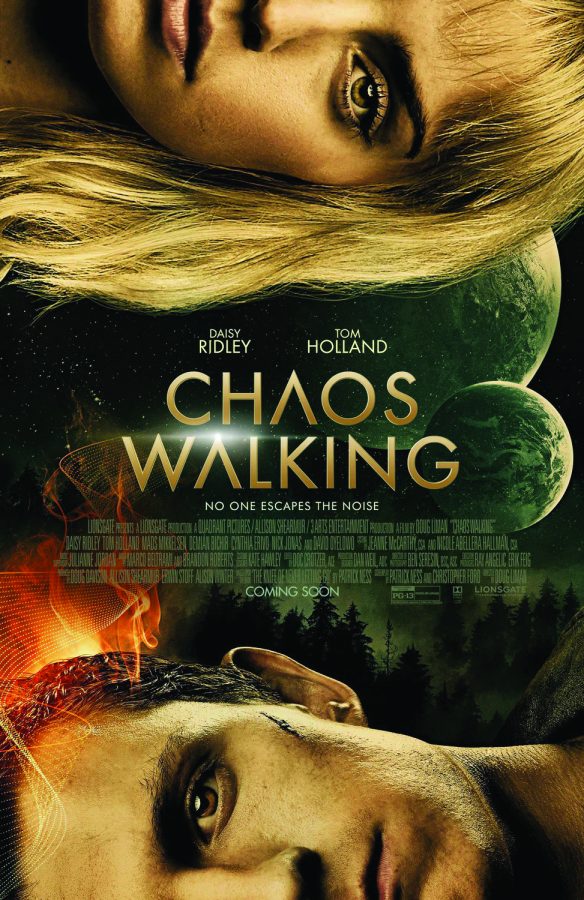The Weeknd, born Abel Tesafaye, released his third album titled “Starboy,” on Nov. 25. With this new album, he walks a fine line between youthful infatuation and darker, harsher lust. “Starboy” paved the way for a new era of Tesafaye’s music, but is it for the better?
Tesafaye has long been praised by critics for his unique music style, but his new album is auto-tune heavy and dabbles in three or more different genres of music, including R&B, pop and EDM. This mix makes for an awkward melting pot of artistic yearning—it seems that Tesafaye wants to transcend the pop stardom that his 2015 song “I Can’t Feel My Face” earned him.
It is not a surprise that many of the songs in “Starboy” include references to various drug use, casual sex and racial slurs; Tesafaye is known for his sordid lyrics. For this reason the songs are not as radio-friendly as the titular song “Starboy,” which centers on Tesafaye’s weariness with his newfound popularity, and instead delve into a deeper, darker place.
But there is something unique about the recently released album; featured guest artists such as Lana del Rey and Kendrick Lamar’s presence gives the album a more profound impact. With cameos in “Stargirl Interlude” and “Sidewalks,” del Rey and Lamar provide much-needed outside influence; this makes these songs a little easier to take seriously.
The stardom theme and his complaints about fame are palpable in his lyrics. In both his hit song “Starboy”and continually through the album, Tesafaye refers to himself as “Starboy” as reference to his mega-popularity. In “Ordinary Life,” Tesafaye sings “If I could, I’d trade it all / Trade it for a halo.” By “all,” he means his life of stardom, and “halo” relates to a life of perfection. However, these immature, vapid complaints about the luxuries that come with fame derail his attempts to become a mature artist.
Tesafaye’s dirty lyrics and auto-tune-heavy style is unpleasing to the ear. It’s shocking to skip from a song about night clubs and strippers to a crooning love ballad; listening to the album was like being lurched around on a chain.
It’s time for Tesafaye to choose if he wants to keep producing pop songs with insignificant lyrics, or to take a risk and find a more compelling meaning in his music, even if it sacrifices popularity. One could almost say that “Starboy” needs to become a “Starman,” both musically and personally.
Ponette Kim – Staff Writer













